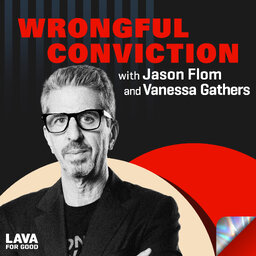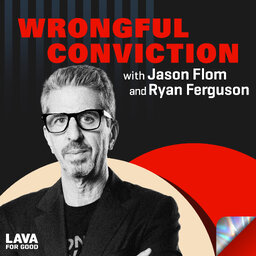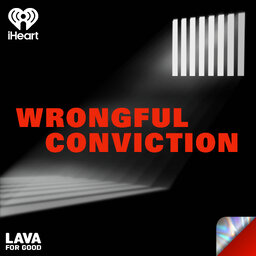On September 13, 1983, Delbert Baker was found dead – shot and with his throat slashed – in Auburndale, FL. Witnesses gave the police a lead on two suspects but they quickly dismissed it since one of the suspects was working as a police informant. A few months later, after a $5,000 reward was offered for information, another individual came forward and said that Juan Roberto Melendez was responsible. This person was known to dislike Juan, and on more than one occasion declared that he would “get” Juan. At trial, this individual’s testimony was the primary evidence against Juan, and despite a solid alibi and the complete lack of inculpatory physical evidence, Juan was convicted and sentenced to death. Over a decade later, a transcribed confession of one of the original suspects was re-discovered, in which he took responsibility for the murder, and declared Juan’s innocence. Gilbert King talks to Juan Roberto Melendez and Linda McDermott, Juan's attorney.
To learn more and get involved, visit:
Wrongful Conviction is a production of Lava for Good™ Podcasts in association with Signal Co. No1.
We have worked hard to ensure that all facts reported in this show are accurate. The views and opinions expressed by the individuals featured in this show are their own and do not necessarily reflect those of Lava for Good.
In 1 playlist(s)
Wrongful Conviction
Hosted by celebrated criminal justice reform advocate and founding board member of the Innocence Pro…Social links
Follow podcast
Recent clips

#560 Jason Flom with Vanessa Gathers
50:04

#559 Jason Flom with Ryan Ferguson
51:48

Introducing - Crying Wolf
02:31
 Wrongful Conviction
Wrongful Conviction